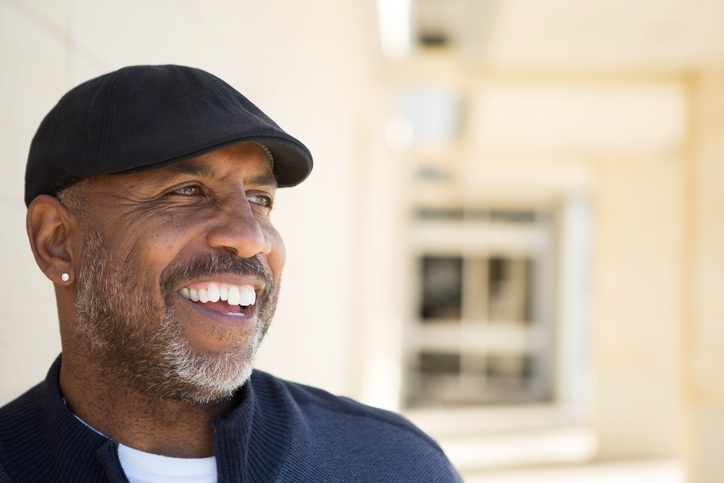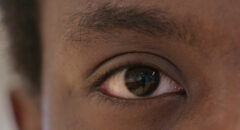 Cataracts. Oh, that sometimes dreaded word and diagnosis that often takes people by surprise. When I meet with patients to discuss their cataracts and treatment options, I’m often met with frustration and annoyance. Those feelings are usually tied to the ways the condition has changed their lives.
Cataracts. Oh, that sometimes dreaded word and diagnosis that often takes people by surprise. When I meet with patients to discuss their cataracts and treatment options, I’m often met with frustration and annoyance. Those feelings are usually tied to the ways the condition has changed their lives.
What many don’t realize is how prevalent cataracts are in the United States – more than 24 million people are affected by the condition. Specifically, the African-American community is twice as likely to develop early onset cataracts, and more than half will have the condition by the age of 80.
Though all surgery has risk, the good news is that cataract surgery is one of the most common, safe and effective procedures today. The even better news is that there are significant emotional and lifestyle benefits tied to treating cataracts, according to a recent survey from Alcon of about 1,300 people, age 60 and over, who have undergone cataract surgery. The procedure not only improves vision, but three in four people from the survey report being happier, more satisfied and having a greater appreciation for life.
So what’s standing in the way of reaping these emotional benefits?
For some, it’s the fear of the unknown. The survey found that nearly 4 in 10 African Americans agreed that they were worried something would go wrong and they’d lose their vision or they would end up with visual disturbances after cataract surgery. I’ve seen, in my practice and my own family, how this fear can cause people to wait until they’ve nearly lost sight before doing something about cataracts. There’s never a reason to live with cataracts. What’s encouraging is that nearly all those surveyed would recommend cataract surgery to people scared of the procedure.
Since June is Cataract Awareness month, it’s a great time to share advice that might help you overcome fears and bring your life back into focus:
Get the Facts on Cataracts. The fact is that cataracts are a natural part of aging and can’t be prevented. They cloud the eye’s naturally clear lens, blocking or changing how light passes through and resulting in blurry vision. But this doesn’t mean they have to stand in the way of living a vibrant and full life.
Manage Your Risk. Diabetes puts African Americans at an increased risk of developing cataracts. Stay on track with managing blood sugar and maintaining a healthy weight. Additional risk factors include smoking, drinking alcohol and too much exposure to the sun.
See a Doctor. Whether you or a loved one has cataracts, visit an eye doctor who can help you better understand the condition and the benefits of surgery. There are innovations that can take care of cataracts and other vision conditions, like astigmatism, at the same time. These options may help you get rid of the glasses you’ve worn for years for distance, if that’s important to you.
Beat the Blues. If cataracts have caused you to lose interest in the things you love because simple tasks have become more difficult, know that you’re not alone. Pay attention to changes in your mood and behavior to keep the emotional impact of cataracts in check. The sooner you get treatment, the sooner you can get back to enjoying life.
Put your eye health first – this month and year round. Visit MyCataracts.com or call 1-844-MYCATARACT (1-844-692-2827) for information on the condition, your risk and latest treatment options to help you take back your life from cataracts.
Dr. Lawrence Woodard is the Medical Director of Omni Eye Services in Atlanta and a paid consultant of Alcon.








